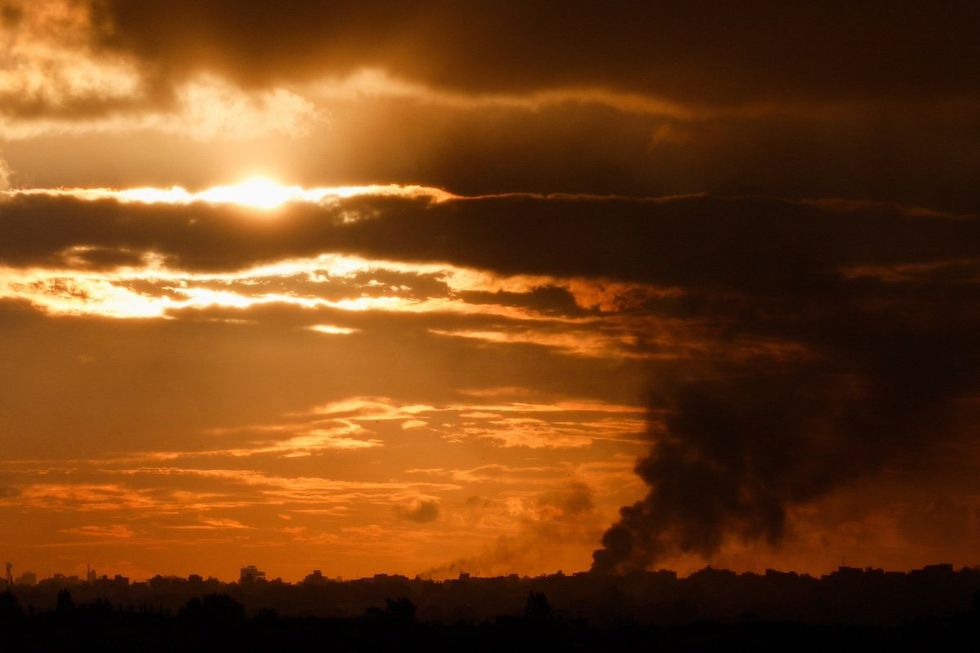Four months on, Israel has completed its military operations in northern Gaza. According to Rear Adm. Daniel Hagari, Israeli forces have successfully dismantled Hamas' military infrastructure in the region but will continue to “deepen the achievement” there, bolstering defenses on Israel’s border with Gaza and focusing on the central and southern parts of the territory.
But those aren’t the only hot spots: A recent escalation of cross-border fighting between Israel and Lebanon-based Hezbollah again raises the possibility of greater regional conflict. The uptick followed Israel’s killing of Hamas’ deputy leader Saleh Arouri in Beirut on Jan. 2, and subsequent calls for retaliation by Hezbollah leader Hassan Nasrallah. Israel also killed a top Hezbollah commander with a strike in Lebanon, according to reports early Monday.
Add to that Iraq’s ire after an American airstrike on Baghdad killed militia leader Abu Taqwa, deputy head of the Iran-backed Popular Mobilization Force. Top it off with continuing hostilities in the Red Sea between the United States and Iran-backed Houthi rebels, who just launched a drone attack on the warship USS Laboon (which the US repelled), and the Middle East hasn’t been such a tinderbox in years.
To keep the fuse from lighting, US Secretary of State Antony Blinken embarked last week on his fourth mission to the region since the beginning of the war, meeting with a slew of leaders including Jordan’s King Abdullah II and Qatari Emir Sheikh Tamim bin Hamad Al Thani before heading to Israel for a tete-a-tete with Prime Minister Benjamin Netanyahu. White House priorities include protecting Palestinian civilians, increasing the flow of humanitarian aid into Gaza, ensuring Hamas cannot strike again, and developing a framework for Palestinian-led governance in the territory and a Palestinian state “with security assurances for Israel.”
But none of that can be achieved if hostilities escalate. The message Blinken is delivering to Bibi is clear: Don’t let that happen. For his part, however, the Israeli leader maintains that the war will not end until his country has achieved its three objectives: eliminating Hamas, obtaining the return of its hostages, and ensuring that Gaza won’t continue to be a threat. There is also the issue of Netanyahu’s political future: His popularity has cratered since Oct. 7, and some observers believe he might seek to broaden the conflict as a means of remaining in power.
We’ll be watching to see whether Bibi decides to roll the dice – or whether US pressure convinces him to keep the conflict in check.



















